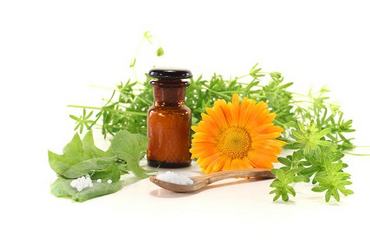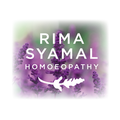
What is homoeopathy?
Homoeopathy is a holistic system of medicine which assists the natural tendency of the body to heal itself. Homoeopathy aims to treat the whole person, taking into account personality, lifestyle and hereditary factors as well as the history of the presenting complaint. Homoeopathy views many symptoms in its quest to address underlying tendencies to ill health. Therefore, mental and emotional symptoms play an important part in determining management strategies. Homoeopathic treatment strengthens a person’s internal resilience, acting as a catalyst, stimulating and directing the body’s own healing mechanism as well as helping to resolve underlying susceptibility to disease. Homoeopathy can be of benefit at any stage of life: men, women, mothers, fathers, very young and older children, teenagers and the elderly. It can be used in the management of a wide range of conditions as well as minor accidents requiring first aid.
What type of medicine will be given?
Homoeopathic medicines are derived from plant, animal, mineral and microbiological sources. They are prepared following strict homoeopathic pharmaceutical guidelines and can be given as liquid or pillules. Since the medicines are very dilute, they are gentle when taken as prescribed by a registered homoeopath. A single dose or repeated doses of the medicine may be given. These small amounts of medicine are sufficient to stimulate the body’s healing process. Where a condition has developed over a long time, sever successive medicines may be needed during the course of weeks, months or years.
Are there any side effects?
There are no recorded severe side effects from homoeopathic medicines. Sometimes there is an immediate improvement. At other time healing begins with an increased feeling of well-being, even though symptoms initially remain.
